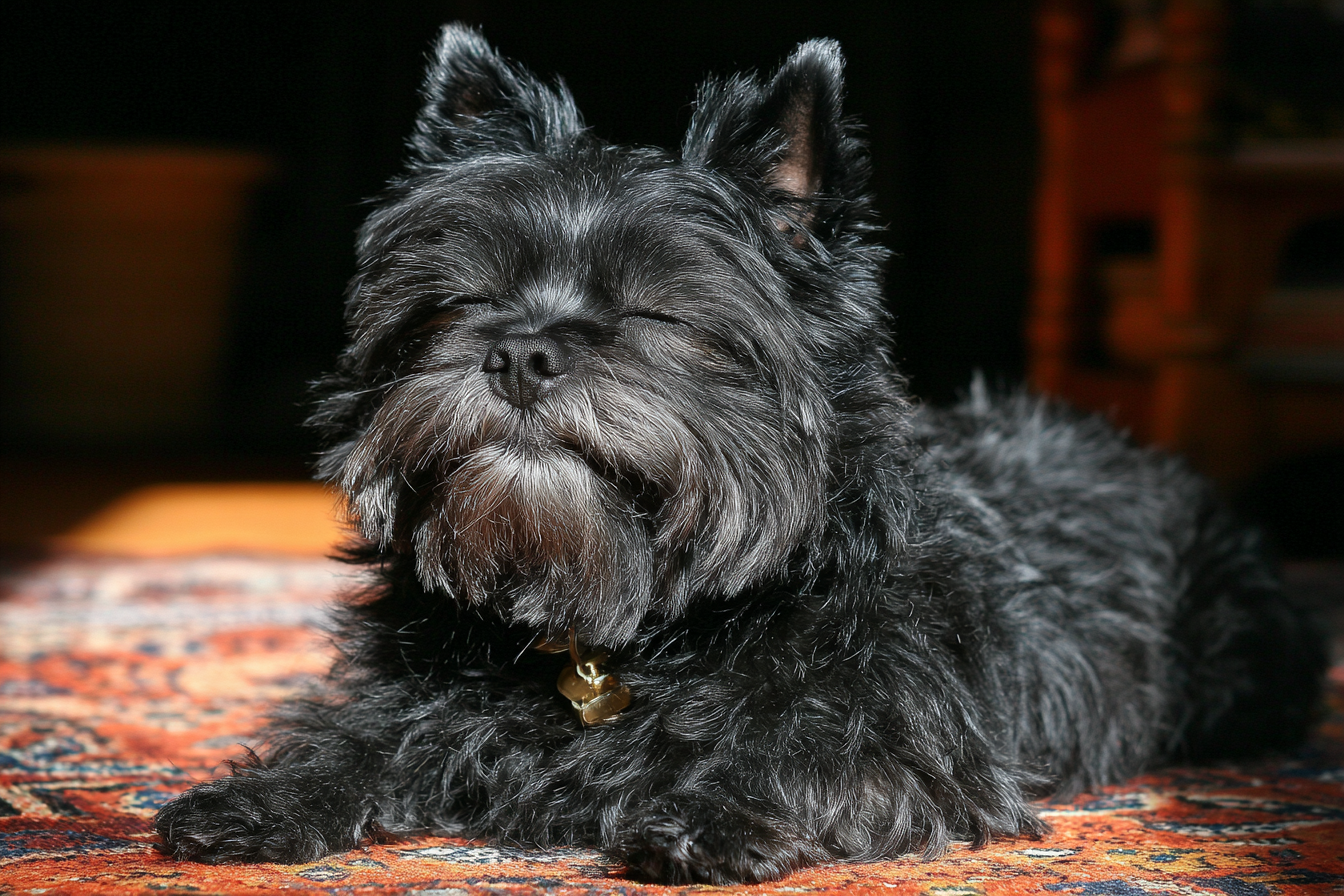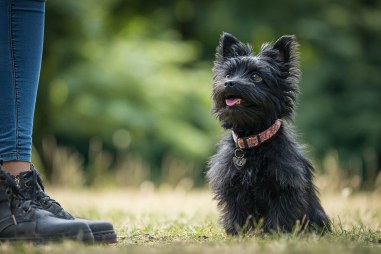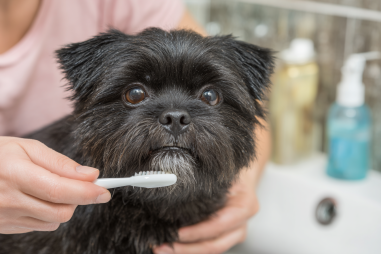The Affenpinscher, with its lively personality and distinct appearance, has won the hearts of dog lovers worldwide. Understanding the lifespan of this delightful breed and what influences their longevity can help owners provide the best care to ensure a long, healthy, and happy life. In this article, we’ll explore the typical lifespan of Affenpinschers, the factors that impact their longevity, and expert advice on daily habits, diet, exercise, and healthcare that contribute to extending their years.
Average Affenpinscher Lifespan Statistics
The Affenpinscher is generally known for being a hardy and relatively long-lived small breed. On average, these dogs tend to live between 12 to 15 years. Some can even surpass this average with the right care and genetics. Their lifespan is comparable to many other small dog breeds, which often outlive larger breeds by several years.
While these numbers provide a general guideline, individual Affenpinschers can fall on either side of this spectrum depending on various factors such as genetics, environment, and lifestyle. It’s important to keep in mind that these are averages, and attentive care can make a significant difference.
Genetic and Environmental Influences
Genetics play a crucial role in determining any dog’s lifespan, and the Affenpinscher is no exception. This breed can be predisposed to certain hereditary health issues, such as patellar luxation (a dislocated kneecap), heart problems, and respiratory concerns. Responsible breeders who screen for these conditions help reduce the likelihood of these issues, enhancing longevity.
Environmental factors also significantly impact an Affenpinscher’s lifespan. Dogs living in a safe, clean, and stress-free environment with regular socialization and mental stimulation tend to thrive. Exposure to toxins, dangerous chemicals, or hazardous locations can shorten lifespan, as can chronic stress or neglect.
Daily Habits That Promote Longevity
One of the key ways to extend your Affenpinscher’s life is by establishing healthy daily routines. Small, consistent habits contribute to overall wellness and longevity. These include:
- Regular mental stimulation through play and training.
- Consistent exercise tailored to their energy levels.
- Social interactions with humans and other pets to keep them emotionally fulfilled.
- Maintaining a calm and comfortable home environment.
- Routine grooming to prevent skin and coat issues, which can impact health.
These habits help maintain physical fitness, reduce anxiety, and encourage a balanced lifestyle that supports a longer life.
Importance of Preventive Health Care
Preventive health care is one of the most effective ways to increase an Affenpinscher’s lifespan. Regular visits to the veterinarian allow early detection of possible health problems, well before they become serious. Vaccinations, parasite control, and dental care are all essential components of preventive care.
Dental health is particularly important for small breeds like Affenpinschers, as dental disease is common and can lead to more severe systemic issues if untreated. Annual or biannual vet visits for thorough check-ups, along with at-home dental care, can prevent these complications.
Spaying or neutering your Affenpinscher also contributes to a longer, healthier life by reducing the risk of certain cancers and infections.
Role of Diet and Exercise
A balanced diet and adequate exercise go hand in hand to promote health and longevity in Affenpinschers. A high-quality, nutrient-rich diet tailored to their age, weight, and health status supports immune function, maintains a healthy weight, and provides the energy necessary for daily activities.
Obesity is a common concern in small breeds and can drastically reduce lifespan by contributing to joint problems, diabetes, and heart disease. Measuring food portions and avoiding overfeeding treats are critical to maintaining ideal body condition.
Exercise, while moderate, is essential for maintaining muscle tone, joint health, and cardiovascular fitness. Affenpinschers typically enjoy playtime and short walks, and interactive activities also benefit their mental health. Aim for at least 30 minutes of physical activity each day, adapted to their energy levels and any health restrictions.
Recognizing Aging Signs
As Affenpinschers age, recognizing subtle signs of aging can allow owners to adjust care and seek veterinary advice proactively. Common signs include:
- Reduced energy levels or reluctance to play and exercise.
- Changes in appetite or difficulty eating.
- Increased stiffness or limping, indicating potential arthritis.
- Changes in vision or hearing.
- Cognitive changes, such as confusion or disorientation (sometimes called canine cognitive dysfunction).
Adapting their living environment and providing supportive care, such as gentle exercise, joint supplements, or specialized diets for seniors, can significantly improve quality of life during their golden years.
Helping Your Affenpinscher Love Life Longer
Understanding the lifespan of an Affenpinscher and the factors that affect it empowers owners to make informed choices for long-term wellbeing. Through responsible breeding selection, providing a loving and stimulating environment, maintaining preventive healthcare routines, offering a balanced diet, and adapting to changes as they age, you can help your Affenpinscher thrive and enjoy many joyful years by your side.
By focusing on these key areas, owners can turn their Affenpinscher’s lifespan averages into a reality of vibrant, healthy life well beyond the expected years.







